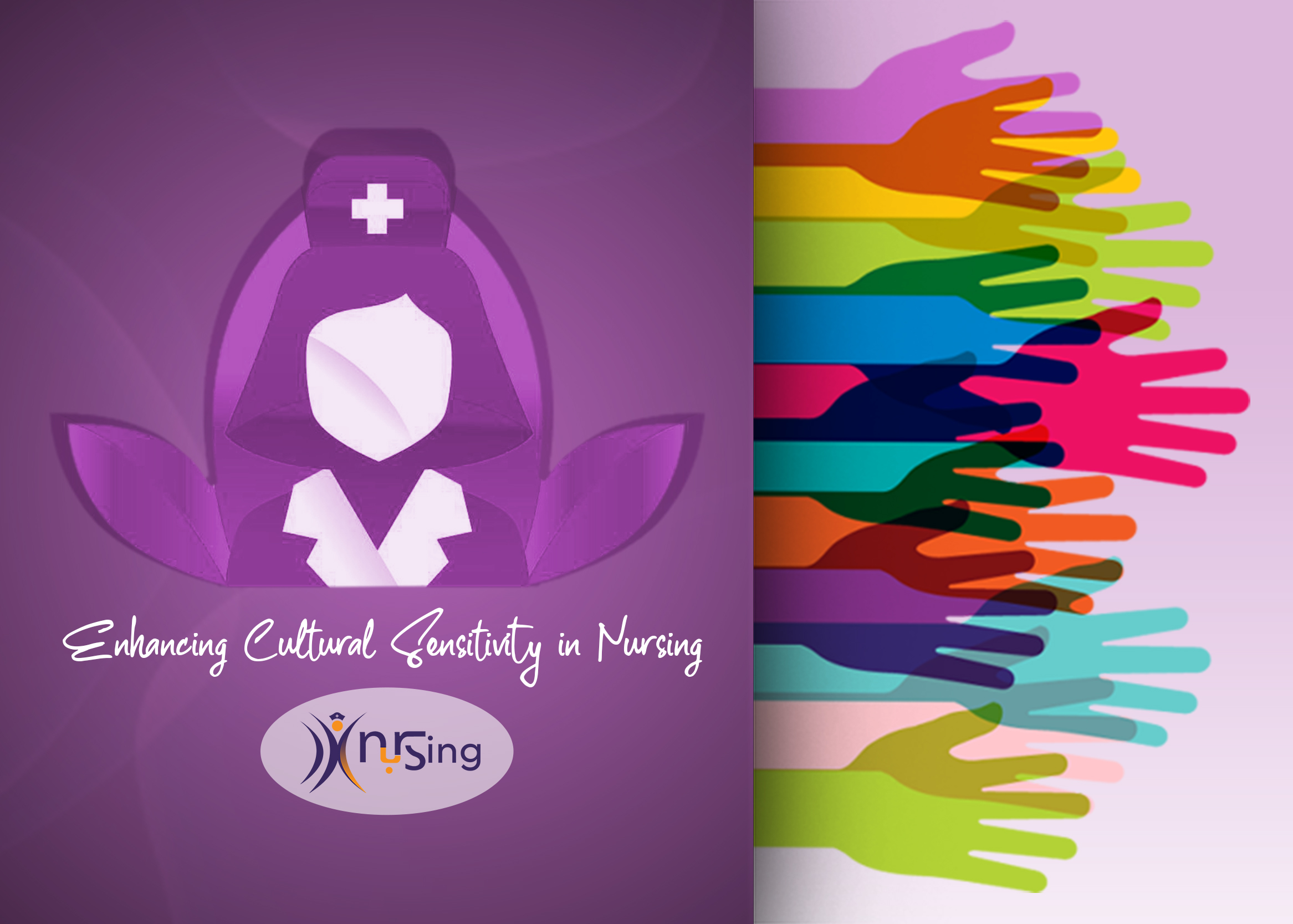Nurses must provide patient-centered care that respects and welcomes each person’s cultural background in today’s diverse and multicultural healthcare environment. Recognizing and respecting the beliefs, values, behaviors, and preferences of patients from other ethnic groups is critical for cultural sensitivity in nursing. This blog will cover how important it is for nurses to be culturally sensitive as well as improve cultural competency and provide excellent, patient-centered care.
Understanding Cultural Diversity:
Nurses need to understand that cultural diversity goes beyond racial and ethnic differences. It takes into account elements including age, gender, socioeconomic status, education, sexual orientation, and language. Spend some time learning about various civilizations, their practices, traditions, and viewpoints on medicine.
Active Listening and Effective Communication:
Active listening and clear communication are the foundations of cultural sensitivity. Spend time having meaningful interactions with your patients so they may share their worries, convictions, and expectations for their care. Understand how body language and nonverbal clues differ between cultures. Ensure that the material is culturally acceptable and simple to understand by using clear, succinct language and avoiding medical jargon.
Avoiding Stereotypes and Prejudice:
Nurses must avoid stereotyping or making assumptions about patients based on their cultural backgrounds. Each patient is an individual with their own set of experiences and perspectives. Understand that cultural norms and views can differ even among members of the same cultural group. Individualize your treatment for each patient by considering their specific needs, preferences, and values.
Engaging in Cultural Assessment:
To fully comprehend a patient’s healthcare requirements, a culturally sensitive assessment must be conducted. Cultural values, health and illness beliefs, food choices, and any rituals or traditions that may affect their care should all be taken into consideration during this examination. Work with interpreters or mediators if language hurdles or cultural differences present themselves. Using this knowledge can help you organize your care and deliver interventions that are suitable for the culture in question.
Incorporating Cultural Practices into Care:
Cultural practices must be respected to develop a positive therapeutic relationship. Integrate cultural customs into your care plan whenever possible and appropriate. For example, if a patient has dietary limitations owing to religious convictions, work with the nutrition staff to provide proper meal options. Accepting such approaches shows respect and increases patient happiness and participation in their treatment.
Collaborating with Interpreters and Cultural Mediators:
When there are language issues, professional translators should be used to facilitate appropriate communication between healthcare personnel and patients. To ensure patient confidentiality and avoid misinterpretation, avoid utilizing family members or friends as interpreters. Cultural mediators can also help patients understand their cultural backgrounds and improve efficient dialogue.
Seeking Cultural Competence Education:
To remain culturally sensitive and competent, nurses must engage in ongoing learning. Participate in workshops, classes, or training programs on cultural competence that highlight ways to deliver treatment that is sensitive to different cultures and healthcare disparities. To improve your knowledge and abilities, stay up to date on the most recent transcultural nursing research and best practices.
Cultural sensitivity is an essential component of nursing because it fosters patient-centered care, improves health outcomes, and deepens the nurse-patient connection. Nurses may establish a secure and inclusive atmosphere where patients feel valued and understood by embracing cultural diversity, carefully listening to patients, avoiding preconceptions, and incorporating cultural customs into treatment. Let us commit as healthcare professionals to cultivating cultural awareness, enriching our practice, and making a positive difference in the lives of the people we serve.




